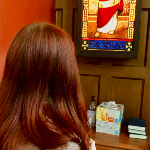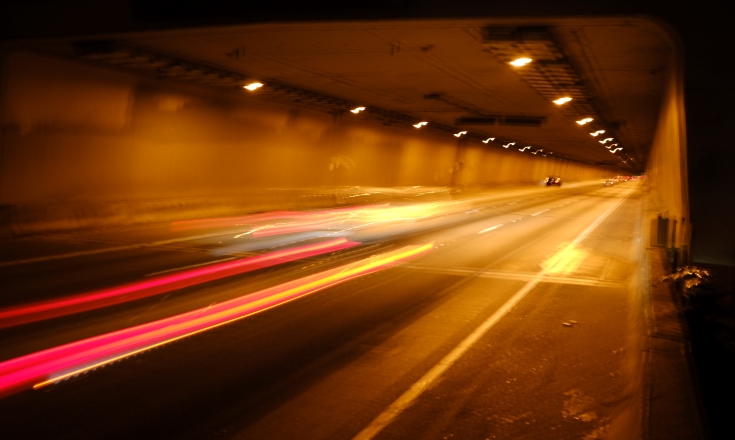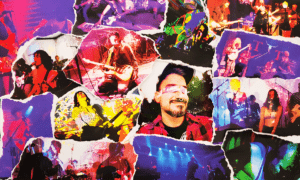As we’re painting the walls of my childhood home in Mississippi, readying it for a price tag, my mother tells me a story. You know the game MASH — that pen and paper kid’s game that predicts your future? Back in the day — the 1980s, my mom played it with some other girls in Dyersburg, Tennessee, population 15,856.
The game requires that you list prospective locations — the setting for your dice-roll life. My mom picks the cities heard ‘round the world, while the girlies list neighboring towns. When she inquires why wouldn’t they want to leave; they are just as confused as she is, “Why would we want to leave?”
It was easy to scoff at them in that moment, feel bewildered at the zoo exhibit of the American Domestic and say grace for the grease in my wheels. Give it a couple of months though, I would soon cross the Mason-Dixon line and deliver myself unto Seattle.
I developed an intimate understanding of what those girls knew on a gut level: That is all they know. That is home.
We are the children of our routines. Home is where the memories are; your gas station, your grocery store, every spot you recognize stitches you to the environment. The contents of your environment will become the contents of you, slow-drip osmosis.
One night, you will fall asleep on a bare mattress in a neighborhood you just learned to pronounce, and in due time, you’ll wake up and retrace the steps of some bizarre dream — places carve grooves in you. This is something won with time and inattention.

People can be places too, just as much a place can be a person. An environment is a stage for experience. It is the atmosphere, the flavor, the math. It is the potentiality, it sets the four walls, the low and the high. It sets the premise by which you blend what you’ve done and not done into narrative, into your construction of the self.
To be human is to be a narrative-creating machine. Our stories function so as to create order, to create meaning which does not exist in a material sense. When we die, so does the meaning, so does your distinct interpretation of your environment — your memories — the unique concoction of experience pointed inward.
There is no tried and true rule to this, you’ll have to make your own. Though I have a high inclination to say that without these stories, convinced of our past and our future, we feel estranged. We are divorced from our surroundings, and by extension, the self which we see in our mind’s eye. That maze mindset can be lethal, but with death comes life, and whatever survives is worth keeping.

Act on your desires to domesticate empty shapes. Walk into an office building, do a lap, and walk out. Have a conversation with a stranger. Buy sheets for the mattress. Have more conversations with strangers. Pick up a hobby.
Do this until your body feels at home. Do this until you can orient yourself with your eyes closed. Do this until you can’t pass a street corner without passing a ghost of yourself. Or don’t, if you don’t want to.
It’s a balancing act of cyclical nature. You show up for whatever reason, with enough time and experience, you find yourself at square one. Pay close attention to when you start dreading the sight of your neighborhood, when you keep cracking Google Maps in different zip codes. The phantoms start to pile up, there’s too much meaning and order at this point. You have no room to breathe, molt, and recreate.

Nobody is in the wrong here, there is no villain or victim. There is no binary of essential good nor bad, only a function of the present context. A man is the sum of his experiences, whatever he sees on and off the road. But if the man is a manifestation of his environment, all his environments combined build to reactions, then he has a choice in what it is to be.
Find the world which serves you, serves what you love, serves you as yourself. Live as the person you desire to be and shake the truth loose somewhere in the process. This is as much your world as it is mine, as it is nobody’s. You’re free.

Author

Victoria Winter is trying to prove that nothing human is alien to us. On paper, she is a second year student at Seattle Central College, potentially majoring in anthropology and philosophy. In reality, she is fascinated by using the mediums of photojournalism and writing to explore subcultures - the fringes, the limelight, and everything in between. She is in love with humans. Her only firm beliefs are that everything should be explored and most things are easier at night.












Be First to Comment